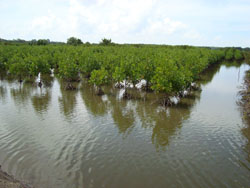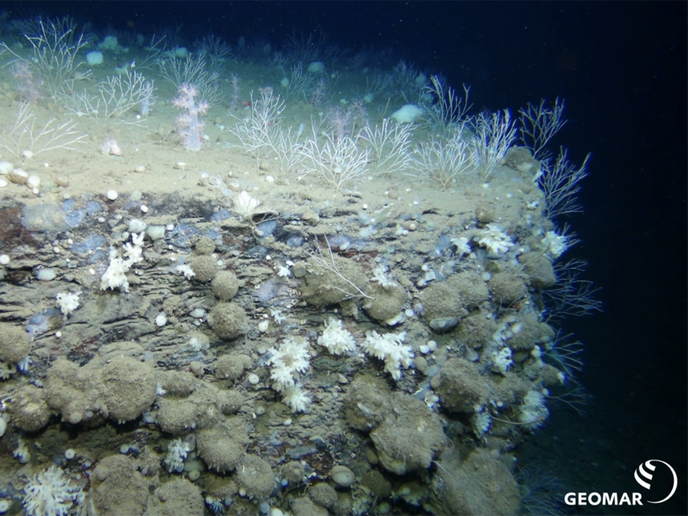Preserving mangrove ecosystems for future generations
Mangrove trees have the ability to survive the extreme heat, salinity and wind found in coastal areas in tropical regions. The ecosystems that develop around these trees are equally unique, supporting a variety of wildlife and activities. Pressure in the form of urban sprawl is threatening these habitats and consequently the livelihood of many of their inhabitants, human and otherwise. European funding has been earmarked for developing guidance for countries home to mangrove ecosystems. The research took place in the context of the 'Mangrove ecosystems, communities and conflict: developing knowledge-based approaches to reconcile multiple demands' (Mangrove) project. Three test sites were selected in Southeast Asia, namely Indonesia, Thailand and Vietnam. The Mangrove research team hit the ground at all three sites to collect information about local communities, mangrove ecosystem products and current levels of management and regulation. Indicators were instrumental in making comparisons between sites possible. The issue of conflicting interests amongst the various stakeholders was evident at all three locations. The Mangrove team subsequently employed bio-economic models to determine which best management practices (BMPs) would be most effective. These initiatives were then set in motion and the results were monitored closely. Feedback from these trials was used to tailor the BMPs to each specific region and situation. The Mangrove findings indicate that a multi-functional approach is essential. In addition, direct involvement of the local communities and strict enforcement of regulations are also key factors for success. The strategies developed during Mangrove can and should be applied to other mangrove ecosystems throughout the region in order to ensure the future of these unique habitats for generations to come. A comprehensive dissemination effort is helping to spread the word.







